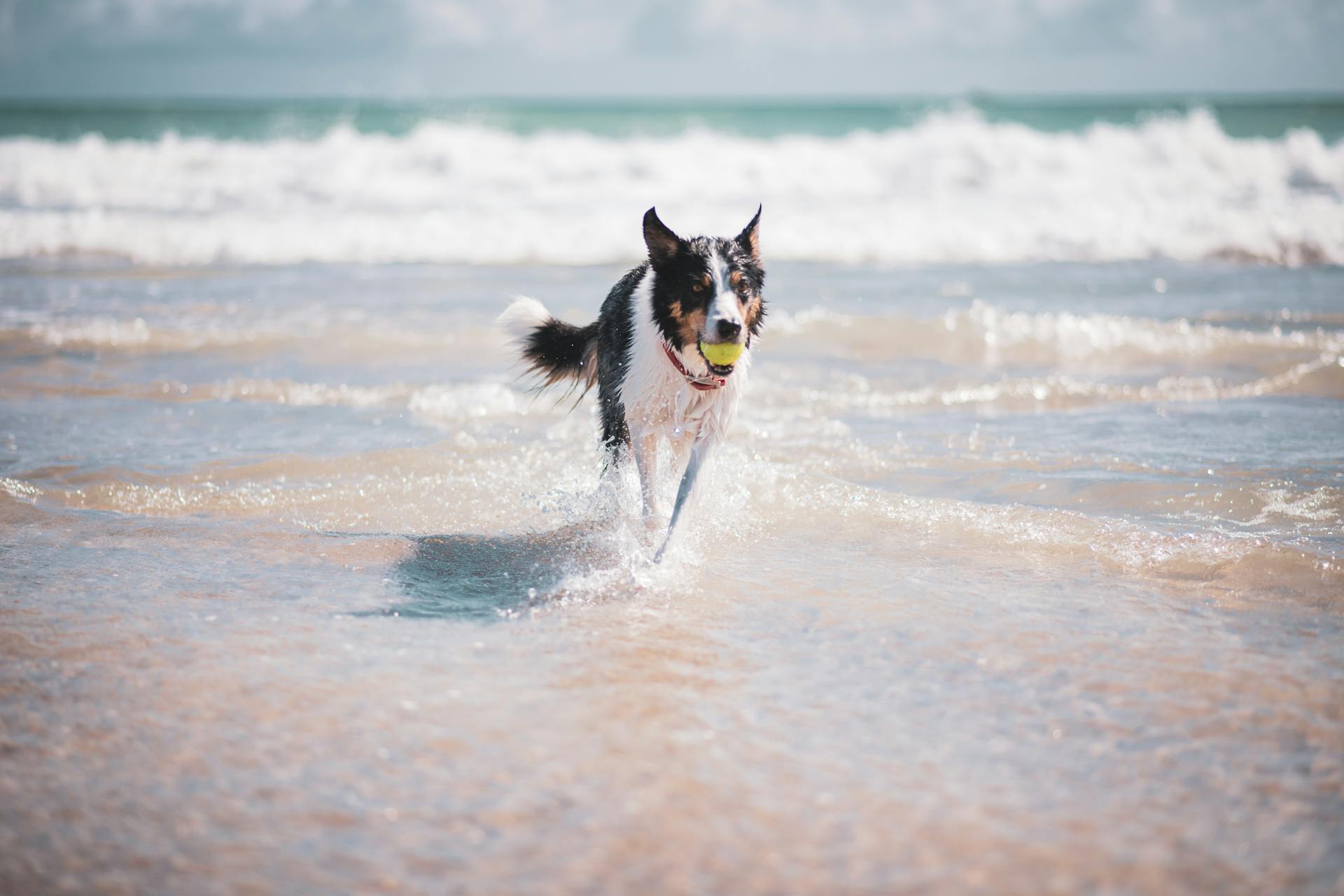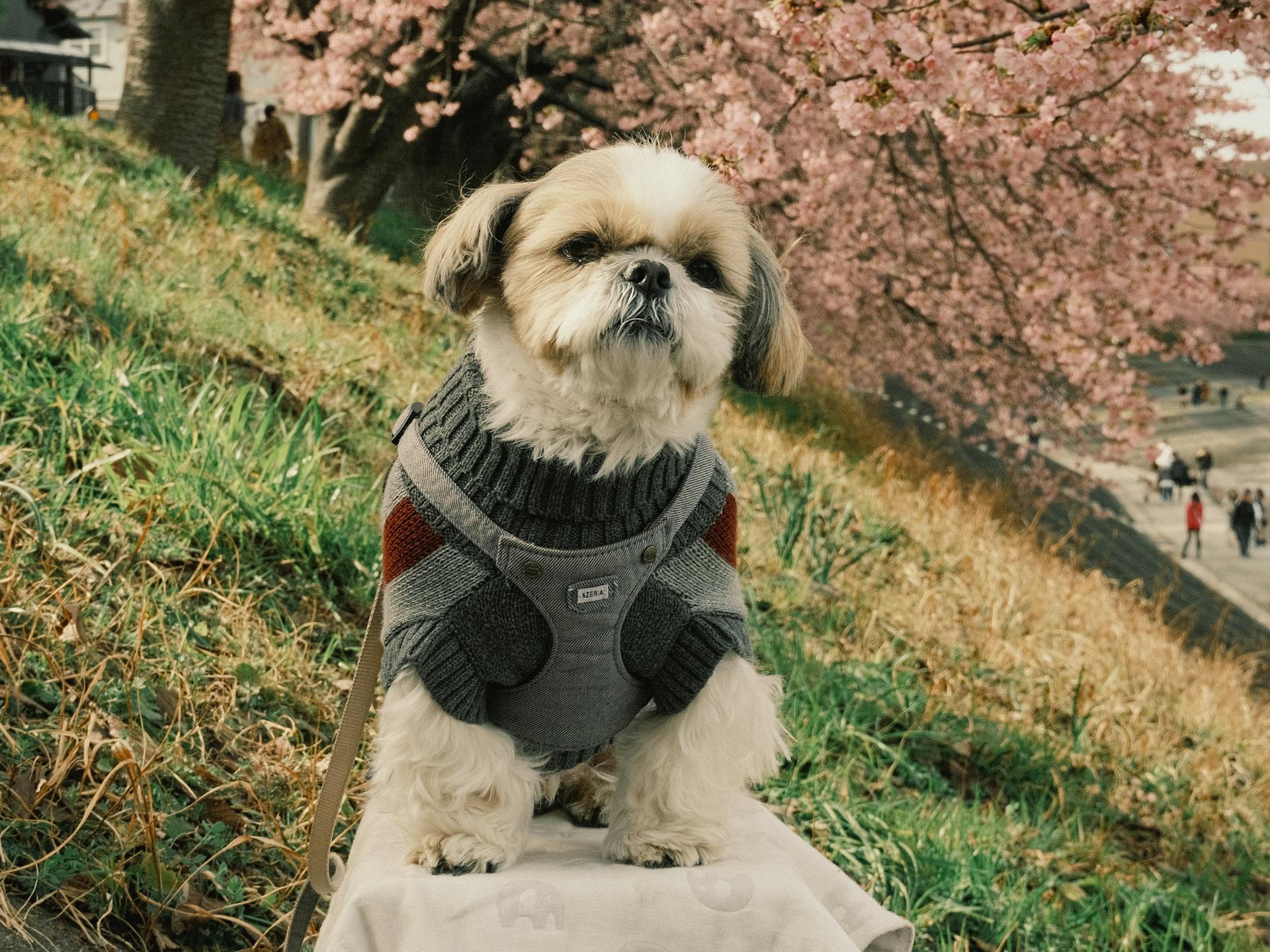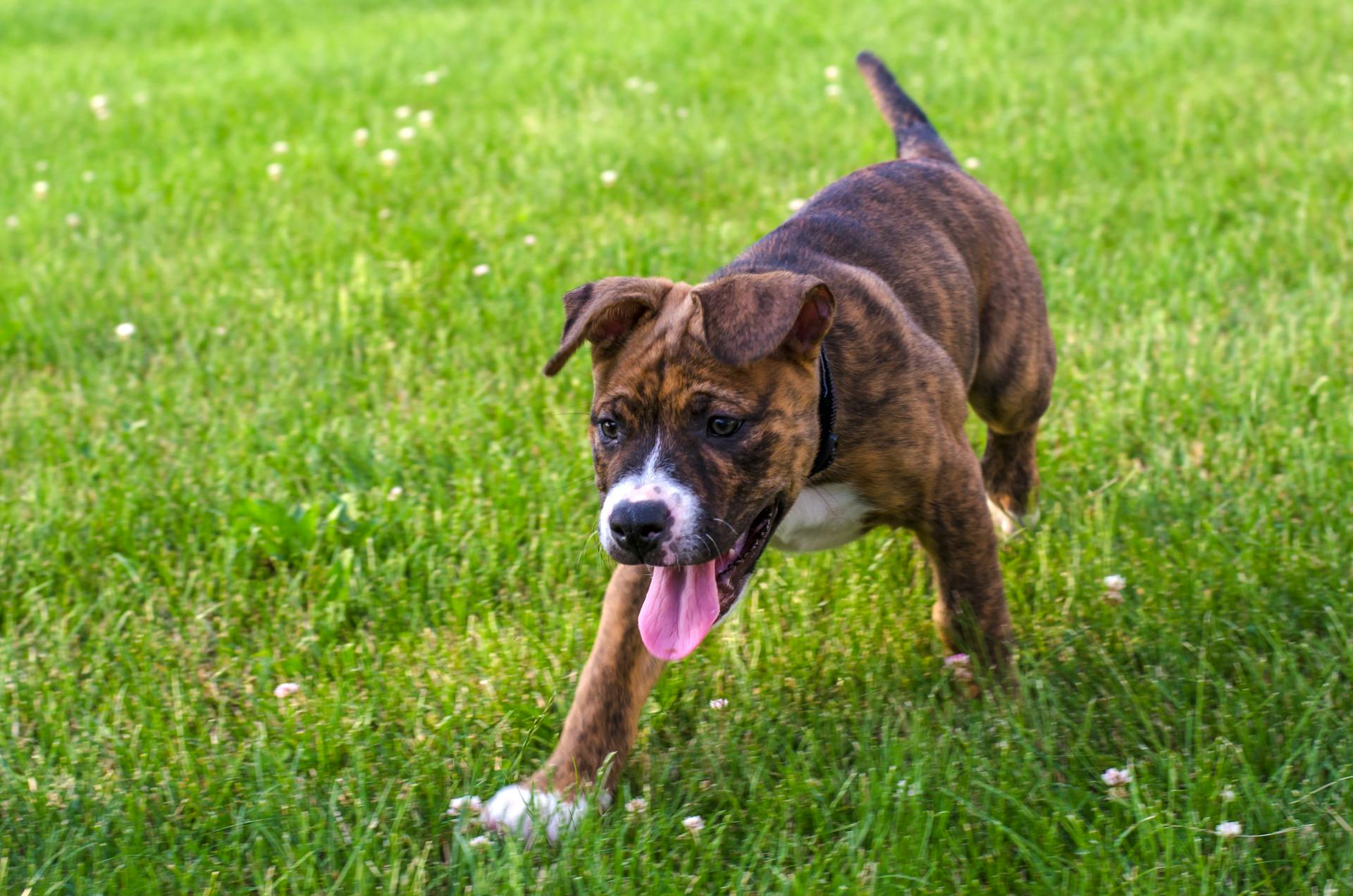
Blue Heelers are known for their loyalty and attachment to their owners, which can sometimes manifest as constant following. This behavior is often rooted in their herding instincts and strong pack mentality. They thrive on interaction and attention from their family members.
As a breed, Blue Heelers are highly intelligent and active dogs that require regular exercise and mental stimulation to prevent boredom and destructive behavior. Without proper outlets, they may resort to following their owners everywhere as a way to stay engaged.
Their strong instinct to protect and care for their pack can also contribute to their tendency to follow their owners. In the wild, Blue Heelers would have been responsible for guarding and herding their flock, which has been passed down through generations as a key aspect of their breed characteristics.
It's not uncommon for Blue Heelers to form strong bonds with a single family member, often their primary caregiver, and become intensely devoted to that person.
Recommended read: Are Blue Heelers Good Guard Dogs
Why Dogs Follow Owners
Dogs follow their owners due to a mix of instincts and social needs. Dogs are pack animals and will adopt their human pack, making them naturally inclined to follow their owners.
Their social nature also plays a role, as dogs often enjoy the companionship of their owners and will stick close to show affection. If a dog was adopted as a young puppy, they may feel a strong bond with their owner, whom they perceive as a "dog mother."
Some dogs follow their owners because they're bored and want to be included in the action. These dogs will greatly benefit from more exercise and mental stimulation.
Dogs also learn to follow their owners due to daily routines, such as feeding and walking times. By associating these routines with their owner's presence, dogs may feel the need to be near their owner to ensure they don't miss out.
However, excessive following can be a sign of anxiety or separation issues, especially if a dog becomes distressed when separated from their owner.
Take a look at this: Why Do German Shepherds Follow You Everywhere
A dog's sense of smell also plays a role in their desire to follow their owner, particularly to the bathroom, where they can explore and investigate various scents.
Dogs will often single out one person to follow, indicating that this person fulfills their needs, whether it's feeding, walking, or providing snacks.
If a dog follows their owner everywhere, it may be due to a lack of exercise or mental stimulation, which can be addressed by providing more physical and mental activities.
By setting rules and expectations, as well as involving other household members in dog care, owners can help their dogs feel secure and confident when left alone.
Take a look at this: How Does a Dog Choose Their Favorite Person
Possible Reasons for Following
Your blue heeler's constant companionship can be attributed to their pack instincts, which are deeply ingrained in their nature. They've been bred to follow a leader, and in your absence, they'll adopt you as their pack leader.
Dogs are social animals that thrive on human interaction, and your blue heeler is no exception. They crave attention and affection, and following you around is their way of seeking it.
For your interest: Pack Mentality Canine
Their genetic makeup also plays a significant role in their desire to follow you. As pack animals, they're programmed to stick close to their pack leader. In your blue heeler's case, that's you.
Puppies, like blue heelers, often rely on their mother's guidance and will follow you closely as they learn about their environment. As they mature, their confidence grows, and they become less dependent on you.
Your blue heeler might also be following you due to boredom or a lack of stimulation. Dogs need mental and physical exercise to stay happy and healthy, and if they're not getting enough, they may seek your company to alleviate their boredom.
Dogs are intelligent animals that can learn to recognize and anticipate your daily routines, such as meal times or walks. Your blue heeler may be following you to ensure they don't miss out on these important events.
Some dogs, including blue heelers, can become anxious or fearful in new or unfamiliar situations, and may stick close to their owners for comfort and protection.
A fresh viewpoint: Why Does My Female Dog Follow Me Everywhere
Blue Heeler Specific Behavior
Blue Heelers, like Cattle Dogs, have a strong instinct to follow their humans due to their herding breed history. They were bred to work alongside people, which can make them prone to clingy behaviors.
Their genetics might predispose them to separation anxiety, leading them to follow you everywhere to avoid being alone. This can cause stress and discomfort for your dog.
Working and herding breeds, like Blue Heelers, are more likely to form strong bonds with their owners. This can lead to a strong attachment and a desire to be close to you at all times.
If your Blue Heeler experiences anxious behaviors when separated from you, it's essential to address the issue with patience and positive reinforcement training. This can help them feel more comfortable being alone.
Blue Heelers are known for their loyalty and protective nature, which can make them excellent companions. However, their independent streak can sometimes make training challenging, especially if they don't like being restrained.
Here's an interesting read: Blue Heeler Training Commands
Common Questions and Concerns
Some people don't mind having their dogs always underfoot, while others can't stand it. It's not necessarily a problem if your dog follows you everywhere, as long as you're both content with the situation.
Your dog may follow you everywhere for companionship, but if they're tripping you, that's a problem that should be addressed. Clearly, if your dog panics when separated from you, that's concerning and should be treated.
If your dog is perfectly fine when separated from you, then it's a good balance. Some dogs are perfectly fine when separated from their owners, but if your dog panics, it's a red flag.
If your dog is repeatedly tripping you, it's a problem that should be addressed. It's a safety issue that can be easily avoided with some adjustments to your daily routine.
Are Blue Heelers Good Family Dogs?
Blue Heelers are highly intelligent and learn quickly what is important to their masters, making them pretty easy to train.
They respond well to commands and enjoy being part of a family, which is a big plus for family dynamics.
Cattle Dogs are pack animals and want to be part of your family, so keeping them outside in a pen will make them very unhappy.
They become very protective of family members and close friends, viewing this as part of their "job" in life.
This means they're generally great with children and will keep them safe under their watchful eyes.
However, they may nip at small heels if a toddler seems to be wandering off or becomes too unruly, so some precautions should be taken around very small children.
Discover more: Why Are Dogs so Food Motivated
Frequently Asked Questions
Do Blue Heelers pick a favorite person?
Blue Heelers can form strong bonds with their favorite person, often preferring to spend time with them when they're active and outdoors. This loyal companion may choose one person over others, but it's not uncommon for them to love and adore multiple family members.
Sources
- https://apupabove.com/blogs/all/why-does-my-dog-follow-me
- https://iheartdogs.com/ask-a-vet-why-does-my-dog-follow-me-everywhere/
- https://www.petmd.com/dog/behavior/4-reasons-your-dog-follows-you-everywhere
- https://dog-tales.blog/australian-cattle-dogs-attach-to-one-person/
- https://www.scoopmasters.com/why-does-my-dog-follow-me-everywhere/
Featured Images: pexels.com


